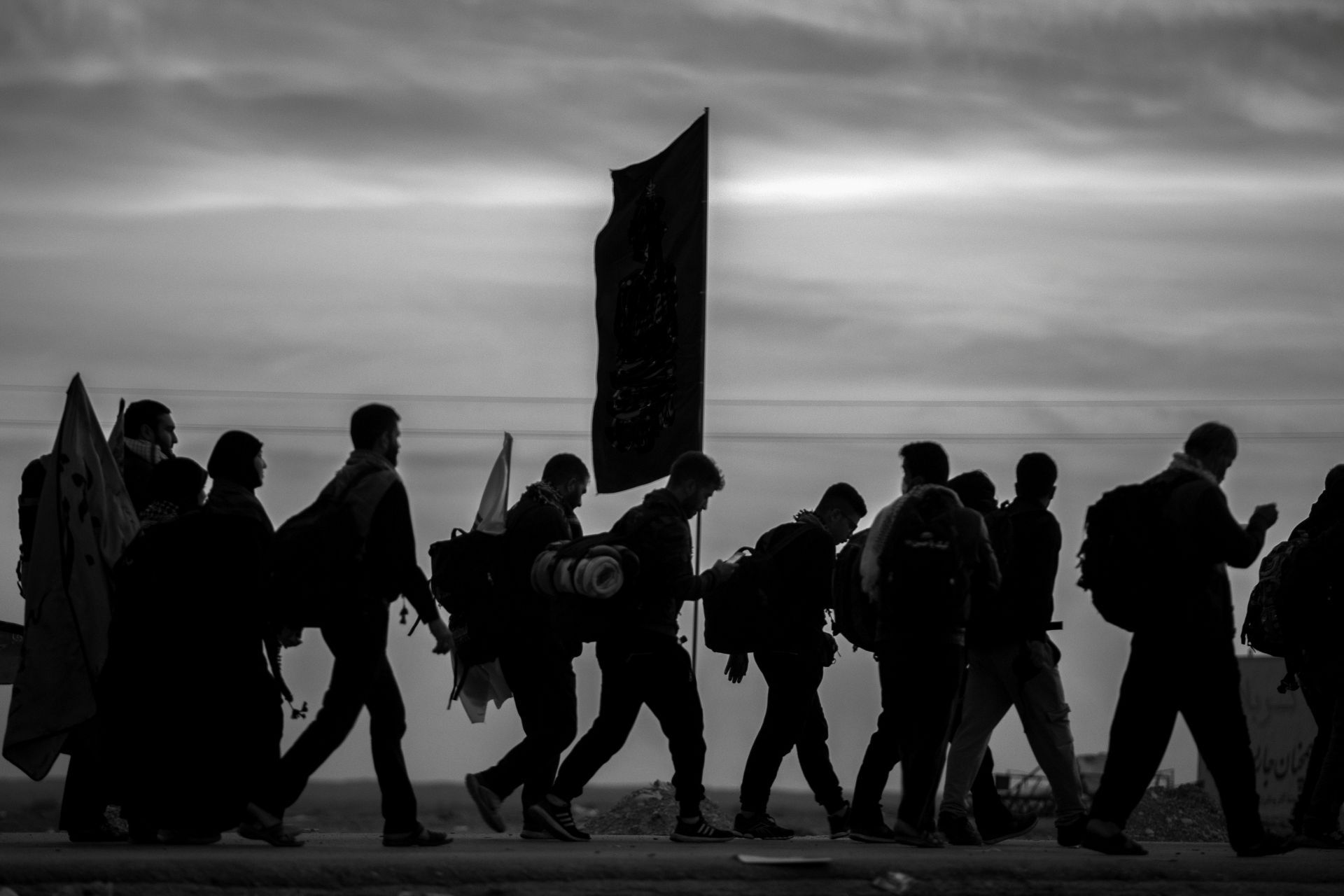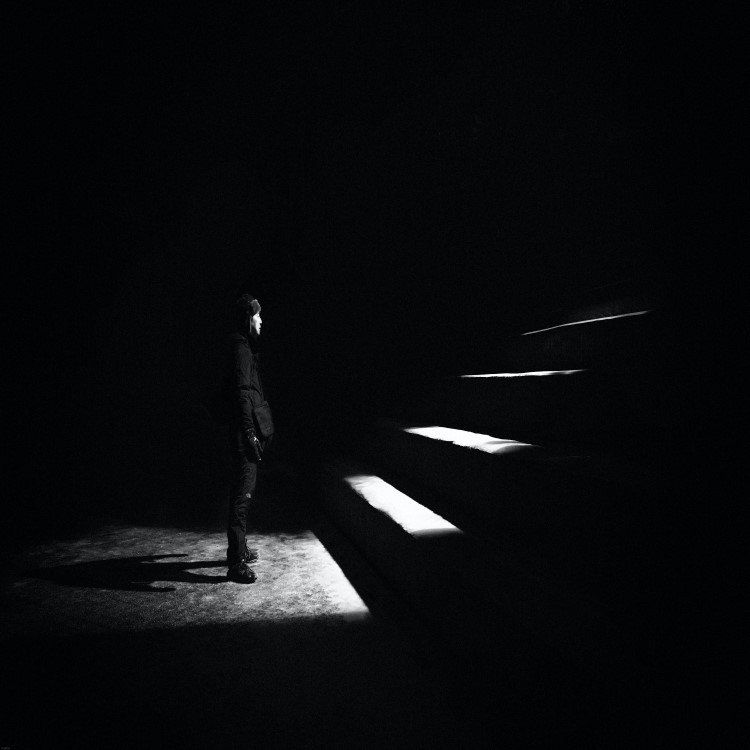The Trouble with Jesus
by Constance Hastings
The Trouble with Jesus: Water becomes Wine and Wine becomes his blood.

Jesus, you’re not helping here. Party season is over for now (at least until the Superbowl.) We’re trying to abstain for 31days. It’s called Dry January. But no, you start your whole ministry-thing with your own miraculous winery. You’d just told your new follower-friends to “Come and see,” (John 1:39) and then plot how best to get us to fall off the wagon.
Well, it can look that way. Prohibitionists and teetotalers have exercised theological gymnastics over this one. You’ve got to love it when they say Jesus made water into a kind of non-alcoholic wine. No, it was high quality, connoisseur approved, seemingly well-aged. So what’s this about? Was Jesus giving divine approval to lift a glass, especially at celebratory events like weddings?
Apparently so. You’ve heard that up until around a century ago so drinking water was not the safest beverage. Alcohol, it’s claimed, at least cleared out the worst of bacteria. And we do know that Jesus’ accusers claimed he hung out with some low-lifes that imbibed too much. Rumor was Jesus could drink with the best of them. To think that Jesus never drank wine might not be a realistic perception.
It’s Not Time Yet
Neither is it realistic to think that Jesus made water into wine just to give people some kind of religious excuse to drink. Sure, people have leveraged Jesus to approve whatever they want. Won’t be the last time. But that’s not what this is about.
Sober up here. Changing water to wine was his first miracle but not a mere trial run. Though it looked like a display of power over natural order, it stands as a sign of what was to come. His divinity and humanity would clash and become part of his coming trouble. Jesus faced it and looked deep into it that day when his mother approached him in the middle of the wedding feast, “They have no more wine.”
“How does that concern you and me?” It wasn’t his responsibility, not his wedding or his family that would be embarrassed and considered inhospitable for not having enough to keep the guests happy. He knew what was still to come, the clamoring for healing, food, (John 6:1-21) even the water that would take away thirst and the need to draw from deep wells every day. But there was more to it than asking God to take remove the burdens of life, that which detracts from feeling in control and in charge of life. “My time has not yet come.”
The Time to Come
His mother says nothing to him but turns to the servants. The woman who had answered the angel, “I am the Lord’s servant, and I am willing to accept whatever he wants,” (Luke 1:38) knows this son she birthed and reared must do the same. As her ancestors had done, she does what God ultimately asks of parents and hands her son back to God. Hebrew people knew the pattern: Abraham had lifted a knife over his son Isaac, (Genesis 22: 1-19) Moses’ mother had placed him in a basket on the Nile River, (Exodus 2:1-10), and Hannah had taken Samuel to the High Priest Eli. (I Samuel 1) Mary likewise would do the same. “Do whatever he tells you,” she tells the servants. To her son though it meant to accept the trouble you now are going to start, and the trouble you will know. Would these words haunt her three years from now? Yet, also with these words, Mary fulfilled the divine task given to her as Lord’s servant. It began with water.
Six stone waterpots were standing there. (No, it wasn’t time!) They held twenty to thirty gallons each. (But it wasn’t the right time!) They were supposed to be set aside not for common use but for ceremonial purposes of washing as the law stipulated. This was a wedding that belonged to a couple. (This just wasn’t his time!) Water from these pots was to cleanse the body and speak to the soul. There would be time for that water later. As he gazed at the pots, did he see his time to come? Time at Jacob’s well (John4:5-42), time when the stormy seas would rage (Matthew14:22-33), time when he would pour water into a basin for washing feet (John 13:1-17, 31-35), time when he would gasp those words, “I thirst.” (John 19:28) Yet Jesus knew, as his mother charged him, his time for trouble to begin had indeed come.
As he directed, the servants fill the pots with ordinary water and then pour some which they take to the wedding master of ceremonies. He is surprised for what they bring is excellent wine, much better than that which was first served to the guests. Yet Jesus knows what it has become. Viewed as a miracle to the servants and the disciples, they believe in him now, their Messiah. But Jesus knows it is more.
Later, Jesus would declare himself as one who does not right their world in where it is wrong. Instead, he would give them Living Water (John 4:10-14) to quench their deepest spiritual needs. His gift of water would make them into more than what they were so as to become what they were created to be.
As ordinary water poured into cups becomes wine, the one who is Living Water will be poured into a cup.
My Time Has Come
His time had not yet come that day, but that time would come. Gathered around a low table with the twelve, there would be wine again poured into a cup, and he would explain what it meant. He would tell his closest followers as he offered the cup, “Each of you drink from it, for this is my blood, which seals the covenant between God and his people. It is poured out to forgive the sins of many.” (Matthew 26:27-28) Living Water becomes wine, and wine becomes blood.
And the trouble is, that blood would be his. No, it would not be the first blood to be spilled. From the animal that died to clothe the man and woman in the garden (Genesis 3), to the first brother that would die by his own brother’s hand (Genesis 4:1-15), to the wars that have destroyed and the fights that have ended in slaughter, to executions of the innocent alongside the criminal, blood has been shed for all kinds of reasons from grasps for power and wealth to the defense of peace. But none in history would be like his blood.
Time After Time
His blood would challenge the trouble of the world, the call of all who have hoped to know, “You will not die.” Only his blood could reverse that which would separate all who have breathed from the God who gives breath. “You will not die” could not be obtained by grabbing perceived power but only by accepting the one who is the source of the greatest power known, the power of Love. Our hero must face his demise, and it is by his virtue that he will know his biggest trouble, his very death.
The Trouble with Jesus: Water becomes Wine and Wine becomes his blood.
The Trouble with Jesus: Considerations Before You Walk Away by Constance Hastings Available wherever you get your books or Click Here to support local independent bookstores!












